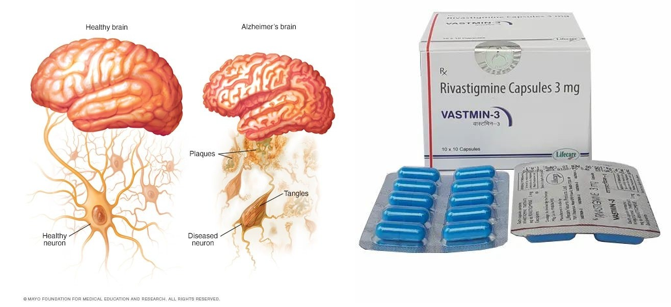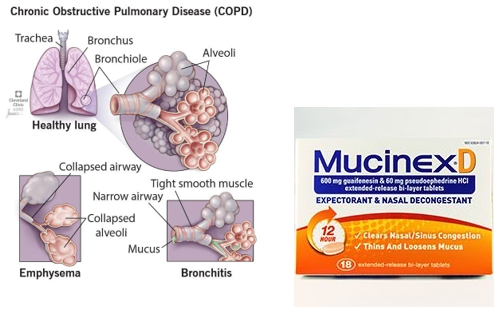Rivastigmine, a cholinesterase inhibitor, is prescribed for a female client with early-stage Alzheimer’s disease. The client’s daughter tells the nurse that she plans to start administering the drug when her mothers’ symptoms are no longer manageable, in hopes that her mother will not have to go to a nursing home. How should the nurse respond?
Explain that the drug should be used early in the course of the disease process.
Affirm the decision to use the drug when the symptoms start to worsen.
Assess the client’s current mental health status before deciding to support the decision.
Confirm that the daughter is aware of the progressive nature of the disease.
The Correct Answer is A
The nurse should explain to the client's daughter that Rivastigmine is most effective when used early during Alzheimer's disease. Delaying the use of the medication until the symptoms are no longer manageable may result in the drug being less effective.
The nurse should emphasize the importance of following the healthcare provider's instructions for administering the medication to maximize its therapeutic effect. It is important to educate the client's daughter about the progressive nature of Alzheimer's disease and the need for ongoing monitoring and care.

Nursing Test Bank
Naxlex Comprehensive Predictor Exams
Related Questions
Correct Answer is D
Explanation
Guaifenesin is an expectorant that helps to loosen and thin mucus in the airways, making it easier to cough up. It is commonly used to manage symptoms of a chronic productive cough in conditions such as COPD.
Salmeterol and Tiotropium are both bronchodilators that help to open up the airways and improve breathing in COPD, but they are not specifically indicated for managing a chronic productive cough.
Prednisone is a corticosteroid that can help reduce inflammation in the airways and improve breathing in COPD exacerbations, but it is not typically used for managing a chronic productive cough.

Correct Answer is C
Explanation
Restless legs syndrome is a condition that causes an uncomfortable sensation in the legs and an uncontrollable urge to move them. Melatonin is a natural hormone that helps regulate the sleep-wake cycle and can be used as a sleep aid. Therefore, when evaluating the effectiveness of melatonin in an older adult client with restless legs syndrome, the nurse should assess the client's sleep patterns to determine if the herb is improving their ability to fall and stay asleep.
Assessing anxiety level (a) may be useful in other contexts, but it is not directly relevant to evaluating the effectiveness of melatonin for restless legs syndrome. Observing for peripheral edema (b) and palpating pedal pulse volume (d) are important assessments in clients with peripheral vascular disease or other circulatory disorders, but they are not directly related to restless legs syndrome or the use of melatonin.

Whether you are a student looking to ace your exams or a practicing nurse seeking to enhance your expertise , our nursing education contents will empower you with the confidence and competence to make a difference in the lives of patients and become a respected leader in the healthcare field.
Visit Naxlex, invest in your future and unlock endless possibilities with our unparalleled nursing education contents today
Report Wrong Answer on the Current Question
Do you disagree with the answer? If yes, what is your expected answer? Explain.
Kindly be descriptive with the issue you are facing.
